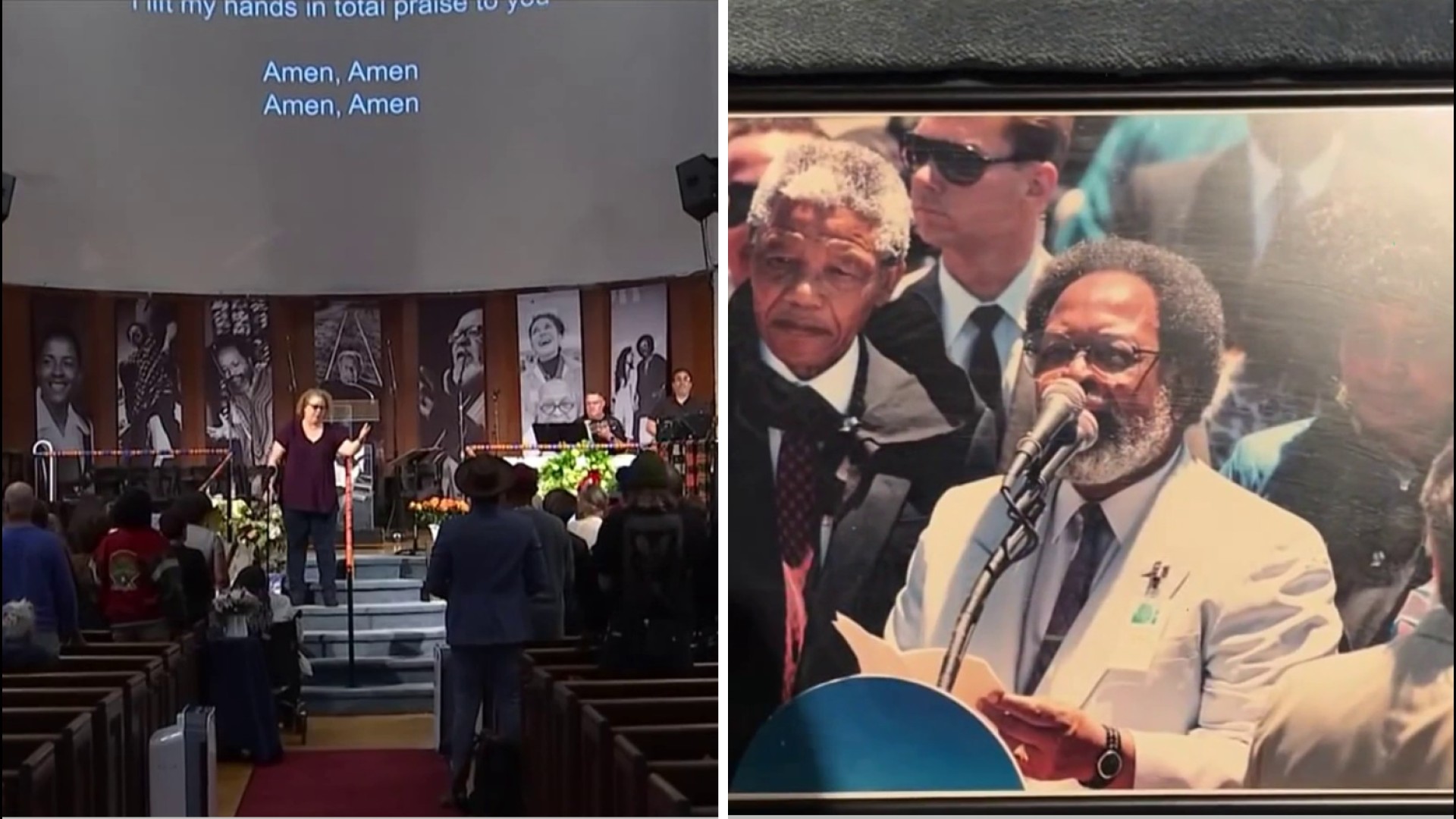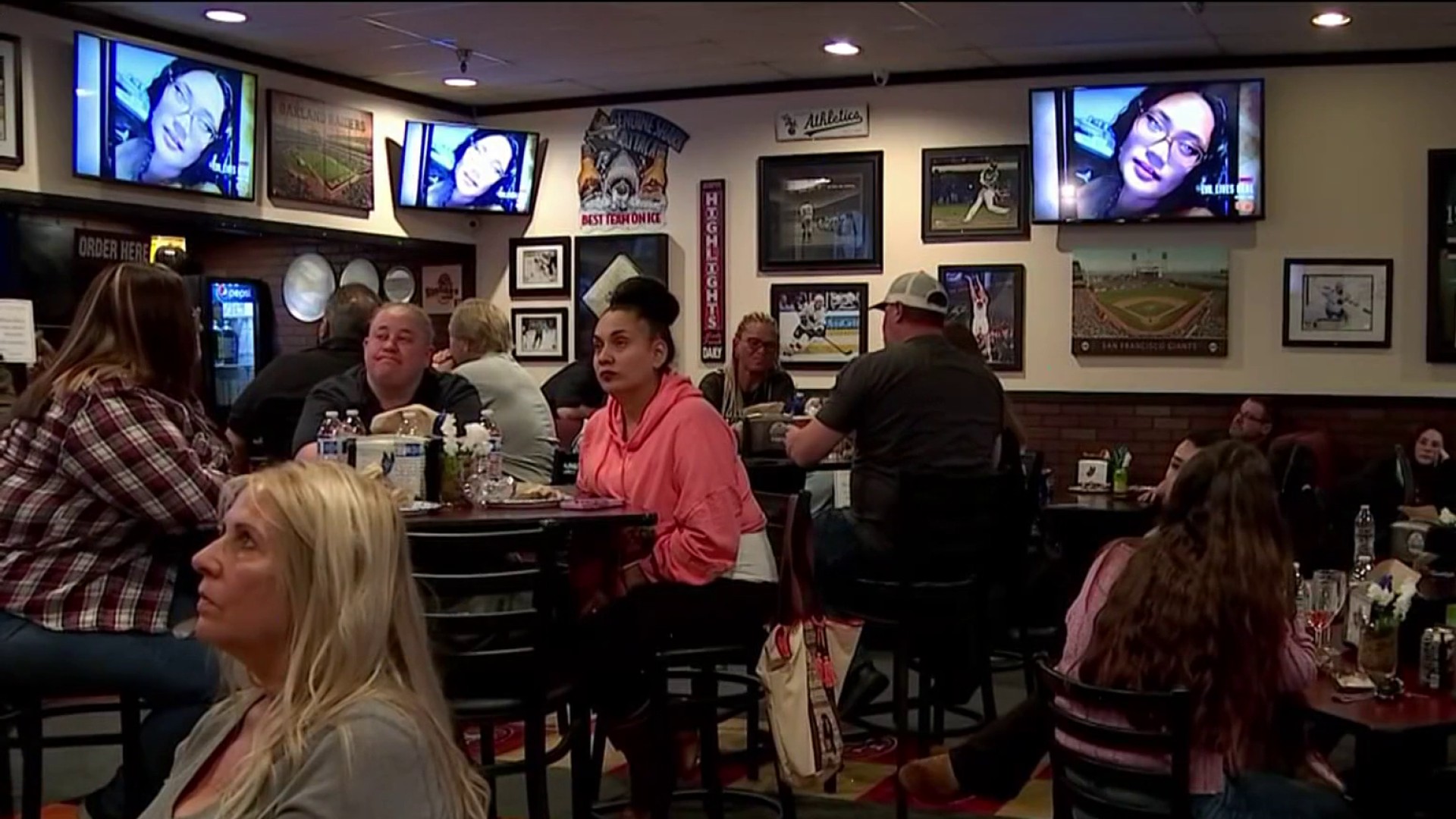It's no secret the rise of Uber and Lyft is devastating taxi drivers. As they see their riders disappear, San Francisco cabbies are looking at taxi medallions that used to be worth tens of thousands of dollars and are now worthless.
The city is considering a plan to help them out, but there is not much optimism it will actually work.
Beraki Ghebremicael is one of the taxi drivers lamenting a hard truth: he's lost out on a retirement ticket. He has been a cab driver for 25 years and said his taxi medallion is now worth nothing.
But for some drivers who shelled out $250,000, Ghebremicael said it is worse.
"Those guys paid $250,000 for a medallion -- you could buy a house," he said. "They could probably buy a house, but they mortgaged their house to buy a medallion."
Veena Dubal, a UC Hastings law professor, said many of the drivers thinking this was their American dream are all of a sudden in a situation where their medallions are almost worthless -- it not completely worthless.
Dubal has been studying the medallion issue for years, hoping to get help the largely immigrant families affected. She is not sure the city's proposed plan to give purchased medallion holders "exclusivity" at San Francisco International Airport will be the rising tide that lifts all other drivers.
Local
"If you're not allowed to play the airport market, you're not making any money. There's no money. There's no fares in the city for taxi drivers," Dubal said.
Kate Toran, a taxi services director for the San Francisco Municipal Transportation Agency, said the airport plan will help steer value and market forces back to purchased medallion holders.
"We take our role very seriously," Toran said. "So when we put together these recommendations, we have thoroughly vetted them."
When asked why not just buy up the debt and help the affected families out, Toran responded: "Well, these are really hard policy decisions and the $161 million, by my count, it's about a quarter of the [entire] transit budget -- and that would impact millions of transit riders."
The $161 million comes out to an average of $180,000 of debt per drivers. The city said it cannot just eat that with other services to balance.



